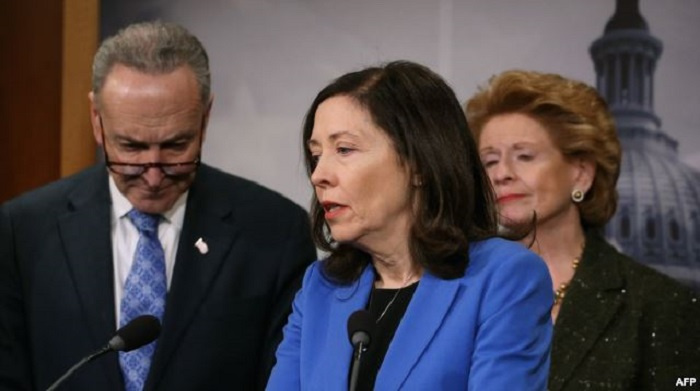Why the JCPOA Survived in the US

Mehdi Motahharnia, an international affairs expert, contends that the fact that enough votes were gained in the US Congress to save the Iran Deal indicates the priority of national interests over partisan interests in the United States.
In an interview with Fararu, Motahharnia stressed the complicated, yet organized, US power structure and said, “Several officials and unofficial organizations are involved in both decision-shaping and decision-making. However, political and security education has been institutionalized among political actors in such a way that national interests are taken into account as the main guarantee of partisan interests.”
This analyst stated that the GOP is seeking its party interests, but both Republicans and Democrats have not forgotten the fact that it is national interests that guarantee partisan interests. Therefore, it was predictable that the Democrats, except Menendez and some of his colleagues, would look to confirm the deal since national interests coincided with their party’s interests.
Motahharinia also pointed out that wise Republicans will control their efforts to defeat the deal because they know that any conflict between their national and party interests and the prioritization of partisan interests would eventually be harmful and may lead them to an inevitable defeat in the 2016 presidential election.
He affirmed that, in case of rejection, the GOP-dominated Congress would be responsible for all and any consequences, and in the case of adoption, any further challenges would ignite the Republicans' criticisms against the deal.
Motahharinia emphasized the necessity to immediately make a final decision in the Iranian Parliament as soon as the US Congress’ position on the deal is declared. In the Rohani administration’s view, it is better to prevent the Parliament from intervening in this process because, in the event of failure, the Rohani administration would be responsible.
However, he added that the Supreme Leader prudently argued that the deal should be adopted by the whole structure of the country to prevent any damage to national unity. This view represents the Supreme Leader's efforts after naming this year as the year of "Empathy and Compassion between the State and the Nation". Therefore, the parliament should prove whether it is in line with the administration. If the parliament wants to act beyond this framework, it must respond to public opinion in the future. The parliament should consider national interests and take its positive role and accept the Supreme Leader's view towards the deal which sees it as a victory for the Iranian people and nation. If the parliament, which represents the plurality of the nation’s opinions and votes, considers the Supreme Leader as the symbol of national unity, thus from this perspective, his arguments should be taken into account.
Translated by: Parisa Farhadi

